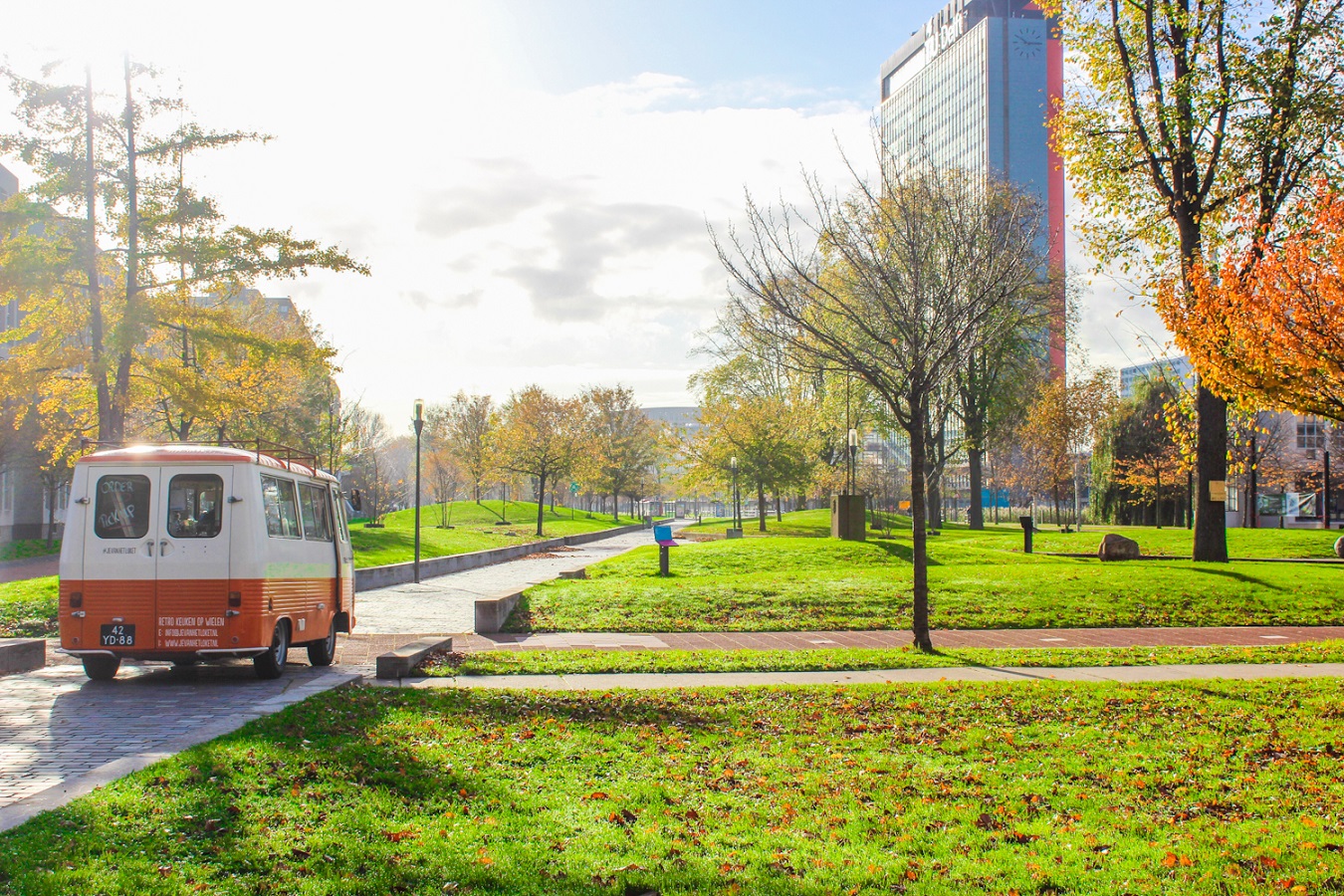The turnout this week for the Works Council elections was 28% lower than six years ago, when the last elections were held.
(Photo: Dalia Madi)
In 2014, the turnout was 35.9%, another drop (in Dutch) from the 43.1% of the previous elections in 2011. In 2017 there were too few candidates to even hold elections. Outgoing Works Council Secretary Erik Louw can only guess at reasons for the low turnout. “We see dropping turnout across the country. In general, Sociaal-Economische Raad (Economic and Social Council) documents show that interest in representation is falling. Apart from that, we have a relatively high number of international staff at TU Delft who may be unfamiliar with staff representation as such or with how it is organised in the Netherlands.” Louw also assumes that Covid-19 played a role given that the parties were unable to hold physical hustings.
The Democratisch Beleid party is the largest party with 13 seats. The FNV follows with eight seats, and then the new Academisch Belang and VWSD/SMHF parties with three and one seats respectively.
- What are the plans of the four parties? Read our series of interviews with the parties’ representatives.
This week, the staff at the Faculty of Aerospace Engineering (AE) and Electrical Engineering, Mathematics and Computer Science (EEMCS) could not only vote for the Works Council, but also for their internal representative bodies, the Personnel Committees. The turnout for these elections were 52.9% and 37.9% respectively. The turnout figures for the Personnel Committee elections, if they go ahead, will be higher than those of the Works Council. “This could show that the Works Council is more distant to the staff. The chance that employees personally know the Personnel Committee members is higher than is the case of Works Council candidates.”
The figures above are from the preliminary results. The definite results will be issued on 12 November.
Do you have a question or comment about this article?
s.m.bonger@tudelft.nl


Comments are closed.